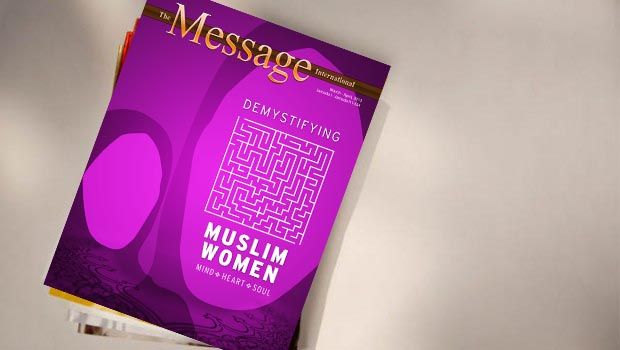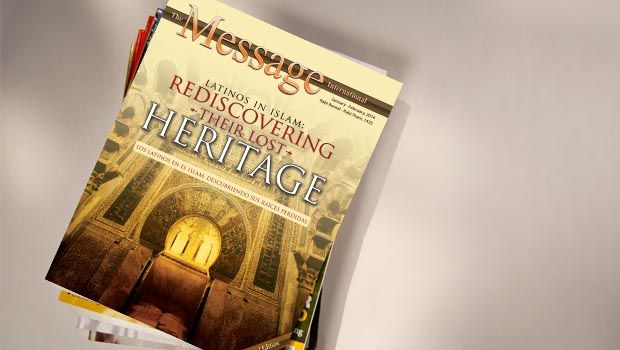More often than not, Muslim women are portrayed in the West as victims of a repressive social order whose foundation, it is claimed, has been laid upon Islamic teachings and injunctions. The cure-all that follows this claim is very simple and straightforward: Muslim women must be “liberated” from their faith and protected from Shariah, their sacred law. Given that ignorance, cultural baggage, and lack of economic opportunity are widespread in the Muslim world and Muslim women, in particular, confront the limitations resulting from discrimination and inequality almost everywhere, the above portrayal should not be dismissed straightaway. As a matter of fact, gender-based inequality is a global phenomenon and there are a number of predominantly Muslim societies where gender discrimination is institutionalized and protected in the name of religion. Nevertheless, the above generalizations about Islam’s inherent oppression of Muslim women are not only incorrect and anti-historical, they are extremely offensive. It is regrettably true that while the “Muslim women” issue has long been hotly-debated in the West, the dominant talking points in the discourse on Muslim women are often misleading and superficial. Demystifying Muslim women is, therefore, a crucial need of our times and this is exactly the reason that we have attempted to address the subject in this issue.
Here, all our authors have invariably made this case — that there are perceptual gaps, misgivings, and stereotypes almost everywhere. To quote Jasser Auda, “Women’s issues are the real test for the current Islamic reform. The reason is that groundless and unfair differentiation between men and women is deeply embedded in many popular opinions that we inherited from the eras of decline of the Islamic civilization.” Leslie Schaffer has also echoed this, as she implores: “May Allah SWT grant this ummah ever greater numbers of surpassing scholars, including female scholars of Islam, who are willing to revisit the issue of the status of woman and gender relations with courage, truthfulness, and piety.”
Those who think that Islam is responsible for misogyny in the Muslim community would do well to look at the reality in both the religious doctrine and in Islamic history; and further, they could reach out to the Muslim community to compare their perspectives with the reality on the ground. Contrary to the widely-held notion, they would see that Islam empowers women as is evidenced by the great number of Qur’anic verses quoted in article after article in this issue, as well as the numerous instances of religiously observant Muslim women, both in Islamic history and in our contemporary world, who have strived towards and achieved professional, financial, and social success, fully in accordance with their understanding of religious precepts.
Shaykh Akram Nadwi has conducted an impressive study on the role of the early female scholars of Islam wherein he reveals “the enormous contribution of women to the Islamic scholarly enterprise” and tells us that “not only were women scholars allowed to give binding religious verdicts (fatwas), but if they differed with their male contemporaries there would be absolutely no objections concerning their pronouncements. This was apparent from the earliest period.”It is so sad that the departure from this tradition marked the decline of Muslim scholarship and the downfall of their societies.
After observing the glorious tradition of Islam, one commentator has rightly suggested, “Muslims can further the human rights agenda by re-examining the lives of the very first Muslim women who lived during Islam’s formative period as more than historical figures but as modern Islamic models to be emulated today. Indeed, these women embody viable political, social and financial models with modern applicability.” This point can hardly be overemphasized.
As a matter of fact, using Shariah arguments to oppose unjust practices is not a completely new phenomenon. A famous incident from early Muslim history shows that women challenged even the highest political and religious authorities using arguments from the Qur’an. Once Omar ibn al-Khattab, the second caliph of Islamic history, stipulated a cap on the amount women could receive for their mahr, a gift given to the bride by her husband upon marriage. A woman objected, citing a Qur’anic verse related to mahr. Omar then realized his mistake and rescinded his pronouncement.
Contrary to the stereotypical idea that women are unequal to men, the Qur’an declares that man and woman are equals in the Sight of God. Indeed, they are equal partners in bearing the heaviest responsibilities in Islamic life, and that is the responsibility of enjoining the right and forbidding the evil. The Almighty says: “The believers, men and women, are “auliya,” (helpers, supporters, friends, protectors) of one another, they enjoin (on the people) al-maaruf (righteousness), and forbid (people) from al-munkar (evil); they offer their prayers perfectly and give the zakat and obey Allah and His Messenger” (Qur’an 9:71).Therefore, both men and women must be regarded and treated as full and independent humans. In fact, they will stand, both women and men, before Allah on the Day of Judgment independently and fully accountable as human beings. Allah SWT has provided the most excellent way for human beings to live and behave within the guidance of Al-Qur’an, and He has left a completely comprehensive and unambiguous example of the perfection of human behavior in the documented words and actions of Prophet Muhammad (pbuh).
To conclude, Prophet Muhammad (pbuh) is reported to have said, “None but a noble man treats women in an honorable manner, and none but an ignorant man treats women disgracefully.” This simple but profound message of the Prophet should suffice to open our eyes so that we might all see the truth.






